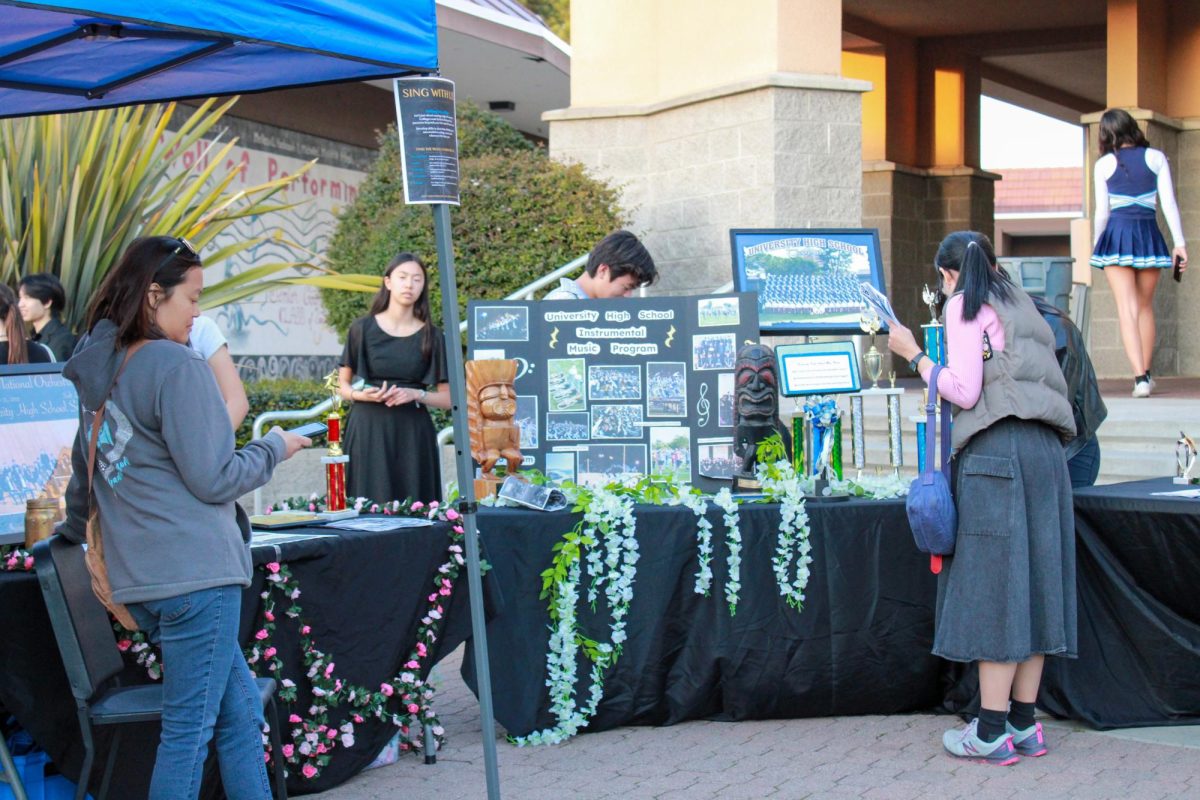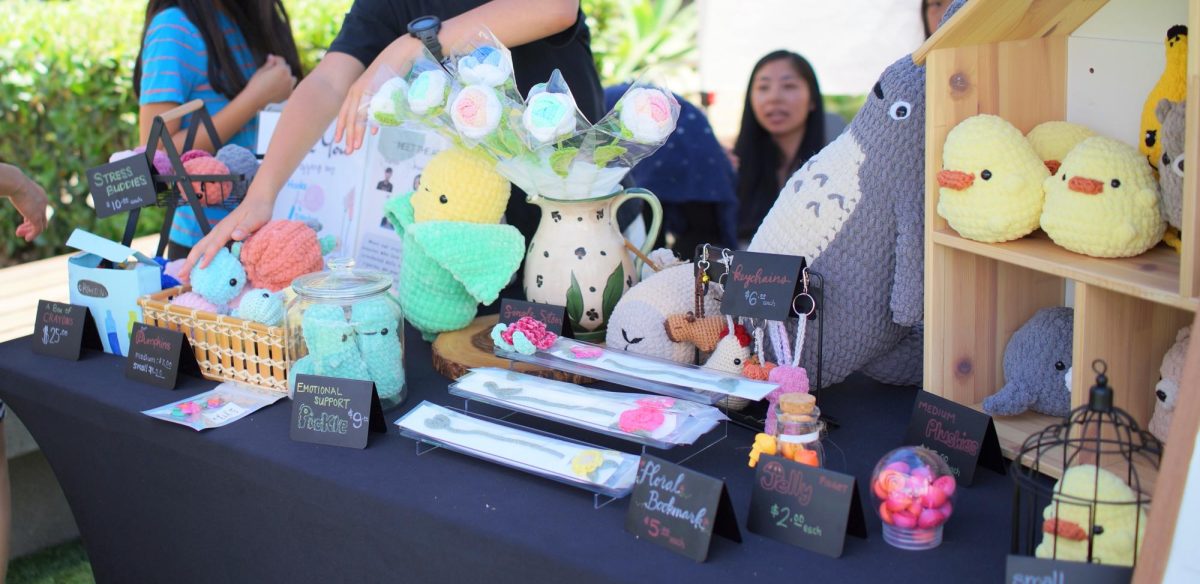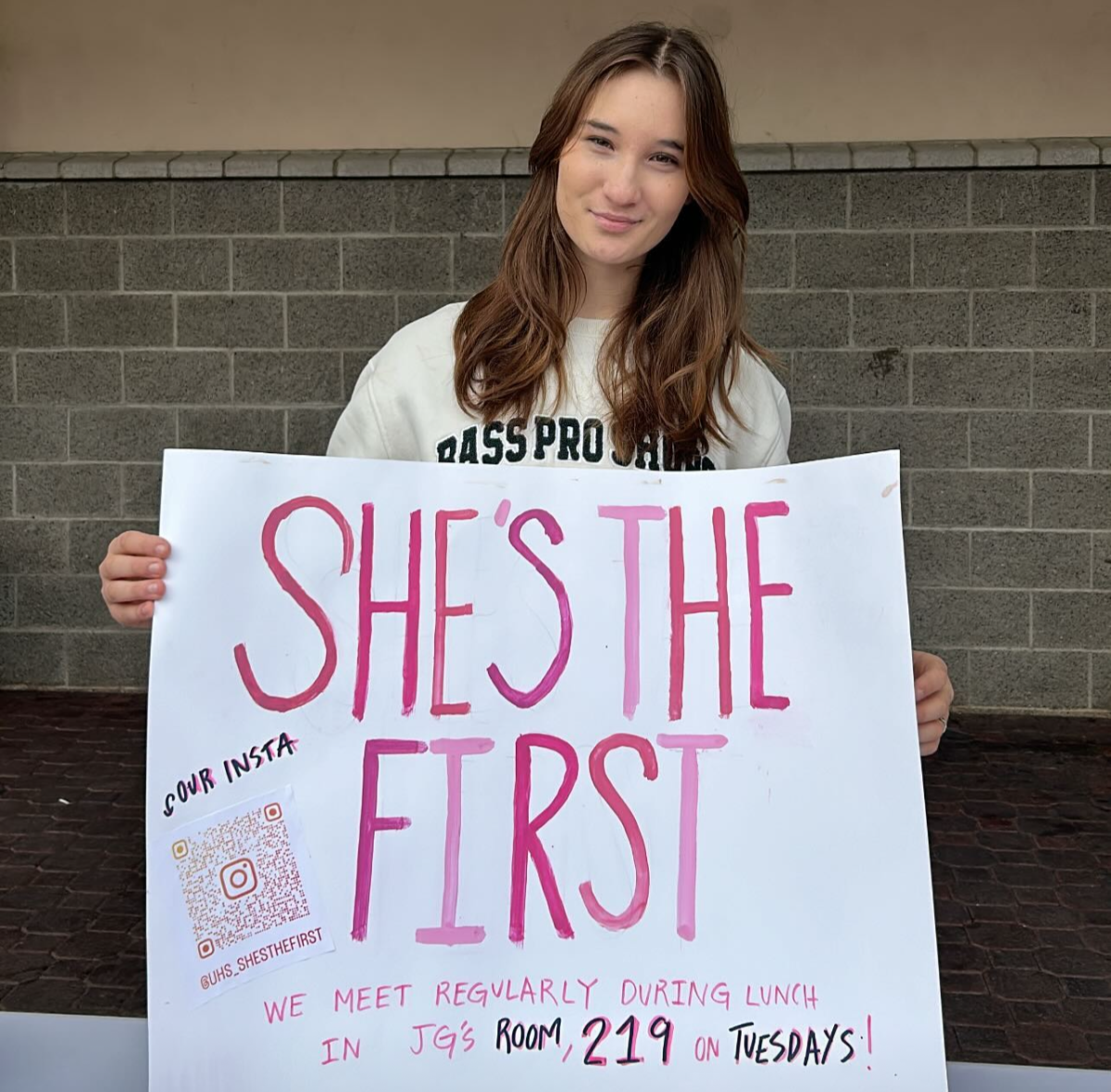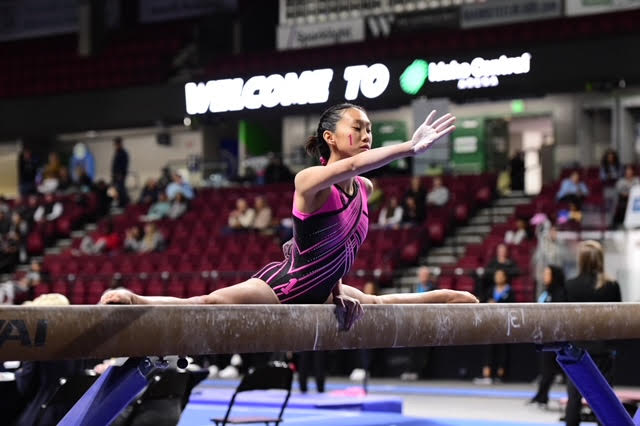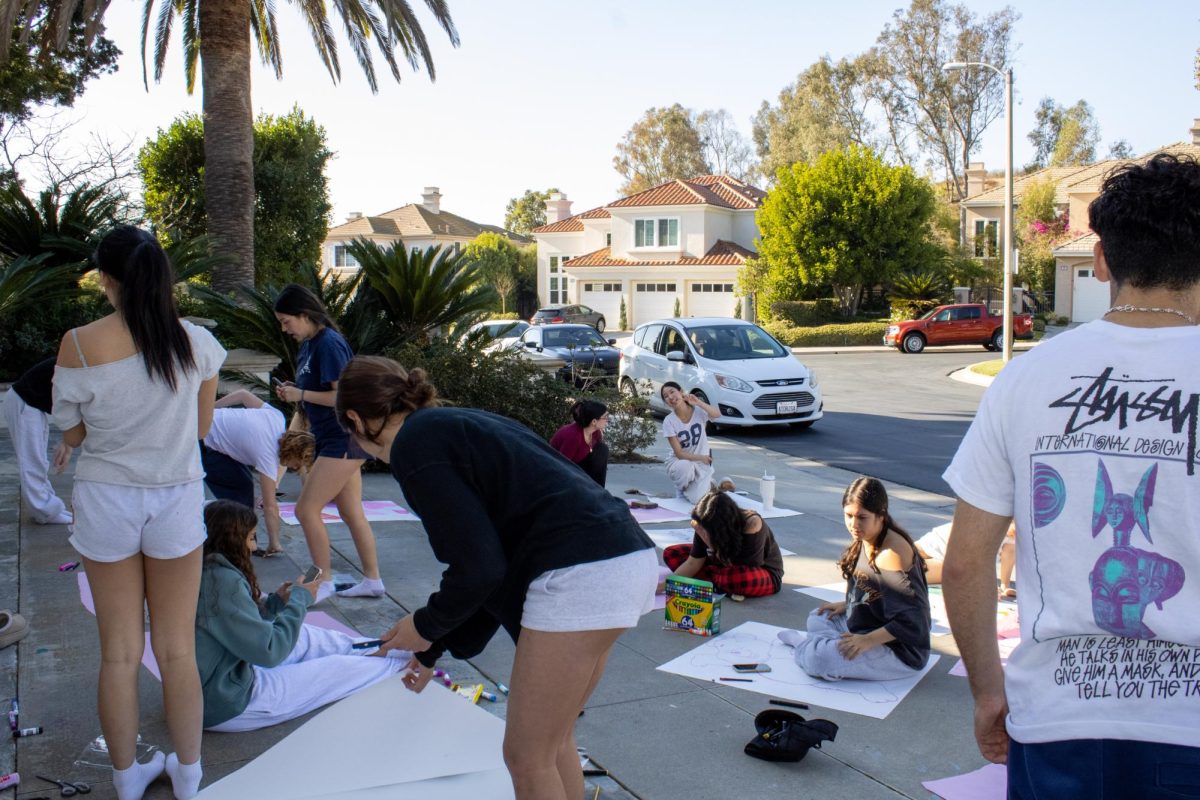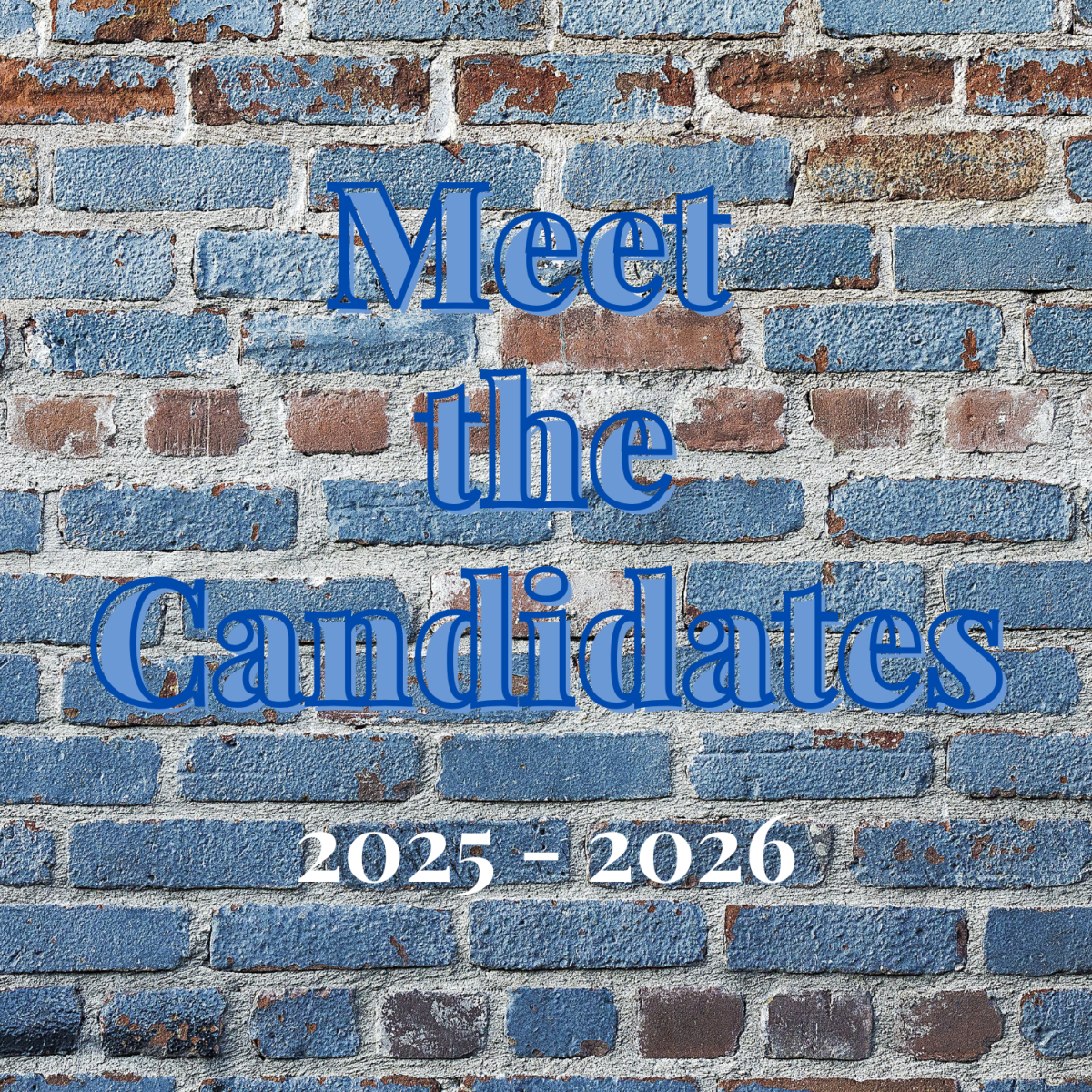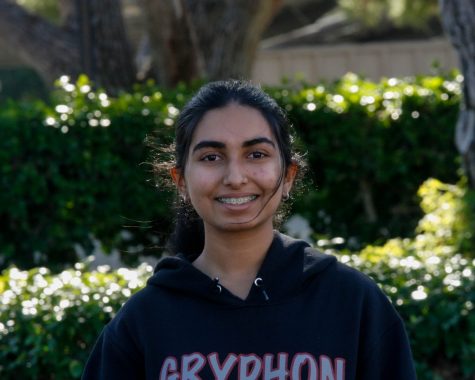
The Oxford dictionary defines social media as “Websites and applications that enable users to create and share content or to participate in social networking.” By this definition, social media is a means for individuals and communities to connect and collaborate. Over time, as social media has continued to grow and morph itself to better suit our society, it has become increasingly clear that there are many more intricacies than those that initially meet the eye.
Instagram, Snapchat, and Tik Tok, are all platforms that are multidimensional. While they can produce immense good in this world, they simultaneously have unlimited scope for bad. Moreover, these platforms have more power than we give them credit for; they can unite generations, advocate for the oppressed, and empower communities. However at the same time, they can also further polarization, spread misinformation, and tear communities apart. But with all these aspects of social media constantly tugging at each other, at what point do these positives outweigh the negatives or vice versa?
Well, Rachel Leung, a junior at University High School provides a simple statement that places the whole situation in perspective, “Social media isn’t simply good or bad; it just depends on how someone uses it.” In other words, the use of social media is what makes it advantageous, but its misuse is what leads to its perils.
So why do people feel that social media has become a breeding ground for harmful behavior? The answer can be found in one simple word: anonymity.
Of the many dangers it holds, one of the most harmful aspects of social media is seen through the creation and fruition of anonymous online comments sections, communities, and accounts. These species of accounts have been growing in number for the past few years and have had drastic effects not only on the dynamics within social media, but also in that of communities.
Accounts like these, due to their anonymity, embody a sense of invincibility. A lot of times they believe that since their actions cannot be traced back to them, they don’t bear any responsibility for them. These communities have no sense of accountability, and as a result of this, the filter that most individuals are expected to avail of when on social media platforms, is oftentimes switched off.
Anonymous accounts are recurrently created to spread rumors about individuals, communities, and events. This is almost synonymous with the fact that these communities often spread misinformation. A lot of these accounts are dedicated to judging and providing hate about a specific topic or person, and this can be extremely harmful to those on social media platforms.
Yet as explained before, the dangers of these anonymous communities stem not from their existence, but rather from the individuals who use them. Take for example an anonymous community present here at UHS: Confessions. This community has existed for years under a variety of platforms and monikers. It has been on platforms ranging from Instagram to Facebook, and despite the many changes that this community have undergone, it exists for a singular purpose, and continues to have the same repercussions.
These confessions accounts were created with the intention of providing a platform on which students can express their opinions, or “confessions”, in a safe and anonymous environment, the purpose of which is not inherently harmful. Yet, over time, it has become abundantly clear that this family of anonymous accounts can easily become grounds for bullying, hate speech, or other negative and destructive actions. Many of the confession accounts at UHS have been subject to scrutiny and eventual closure for this very reason.
“There are a lot of people on social media who give ideas that are false and can negatively hurt someone’s mental health. These communities may tell these people that we have to look a certain way or do certain things, a lot of them are just made to spread hate,” Leung explains.
Online communities have also been shown to adversely impact self-esteem, self-view, and can lead to, or potentially worsen a plethora of mental health issues. In addition, these platforms have the ability to serve as a home to racist, homophobic, religiously intolerant, and offensive ideals. In these cases, entire communities are targeted and hate spreads like wildfire.
Junior Cassie Lee, has seen a multitude of different anonymous accounts just like this, and has even been personally affected by them. She pointed out that she has seen accounts dedicated to spreading racism and it made her “feel horrible and lose hope in humanity.”
What further worsens this is that the growing popularity of these accounts have led to a dynamic change in social media where these accounts are found more socially acceptable. This is further worsened by the fact that conformity and mob mentality usually play a factor in the accumulation, creation, and popularity of these communities.
Lee explains, “These accounts can be bad influences that lead people to make bad decisions, or lead them to feel bad about themselves.” Individuals of varying communities are continually pressured to conform and even model the behavior that these communities exhibit, and a lot of times, these individuals include minors.The definition of social media as we seem do know it does not encompass its many complexities. The constructive and destructive aspects of social media can be seen throughout the world across the plethora of platforms that exist. Even here at UHS, students can feel the effects of anonymous social media communities, and highlight the way in which the presence of media in our lives is ever-changing.



